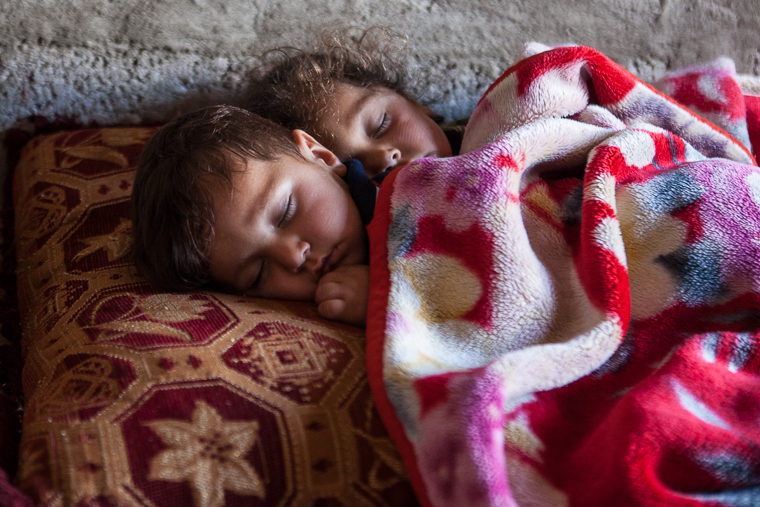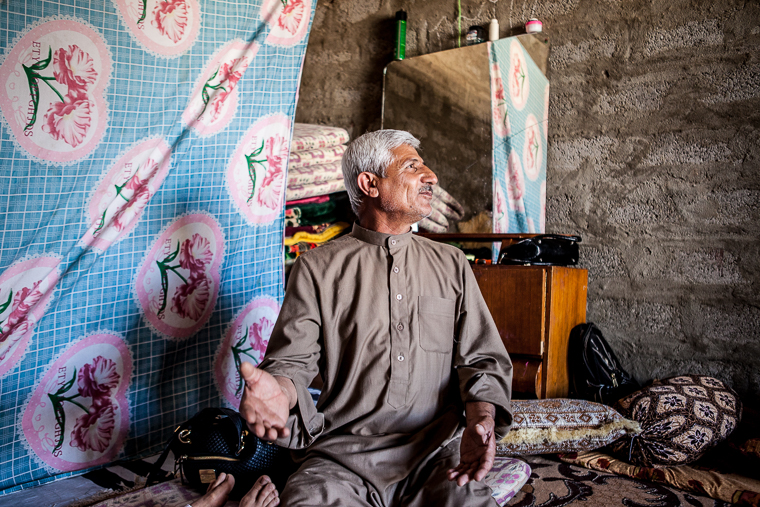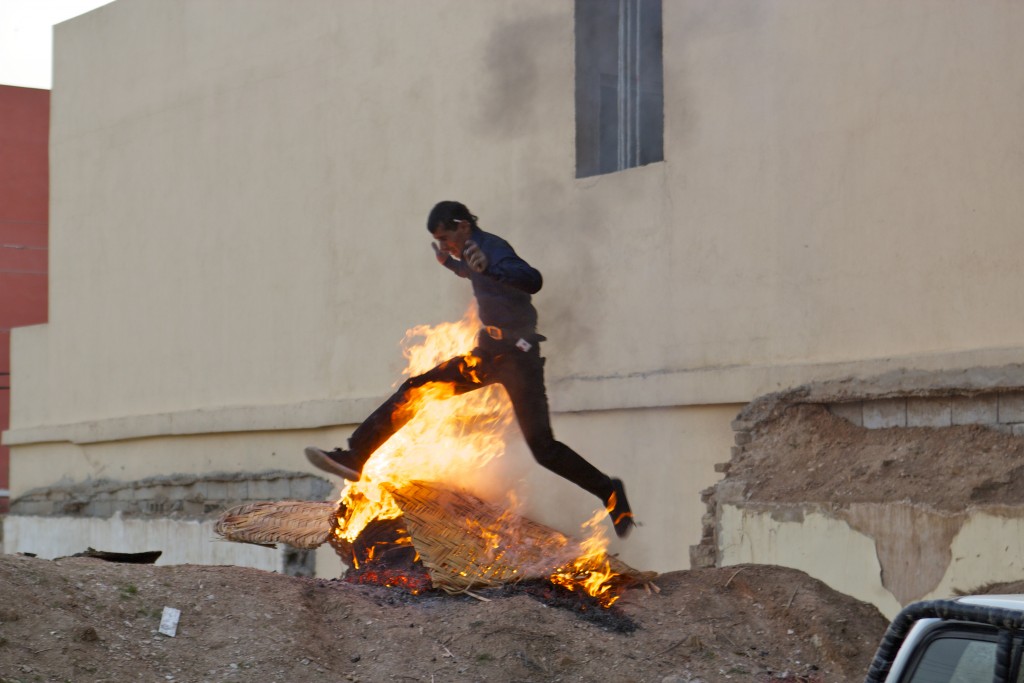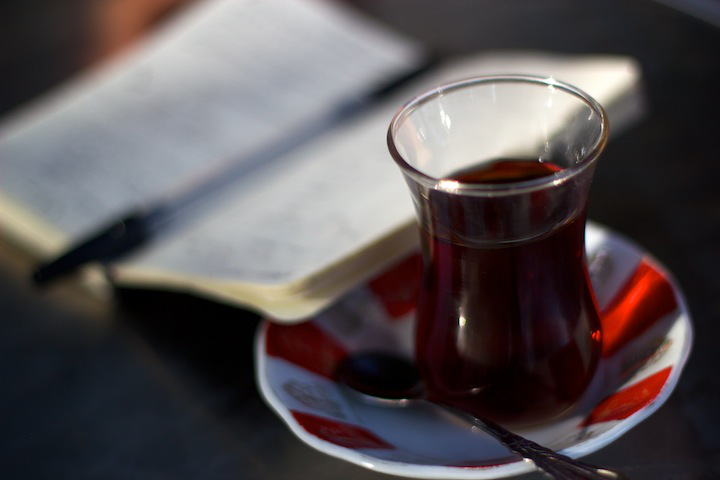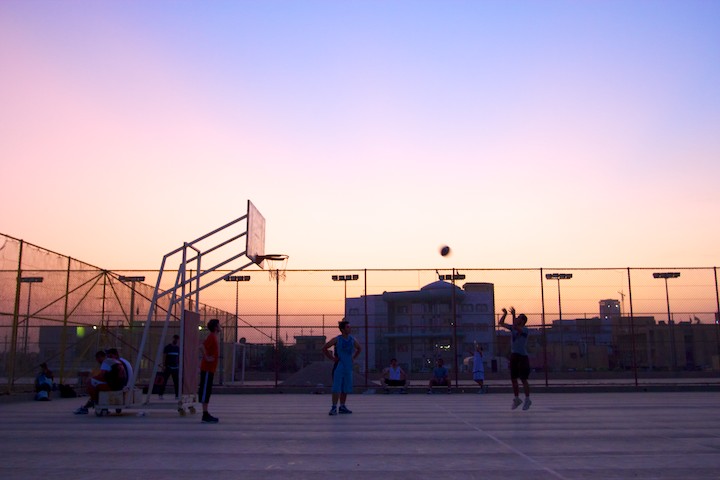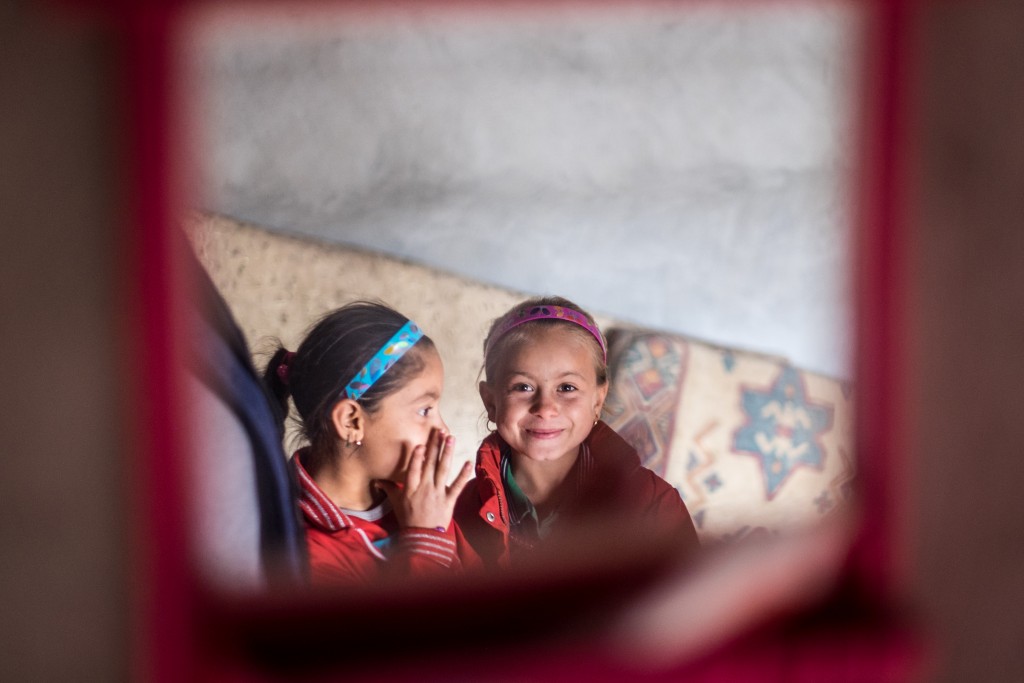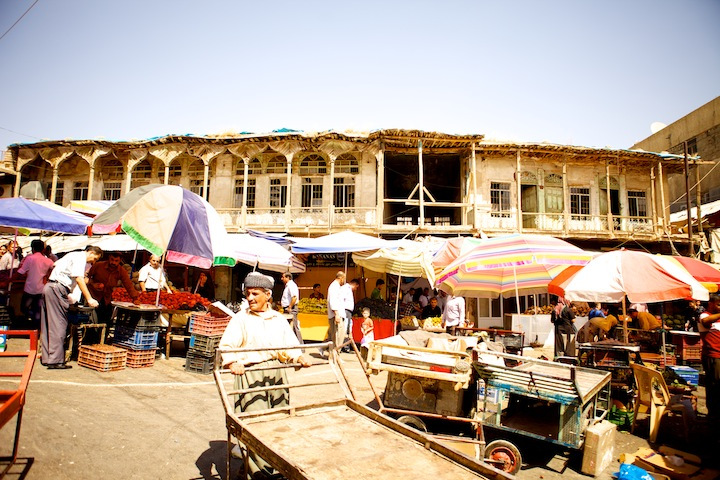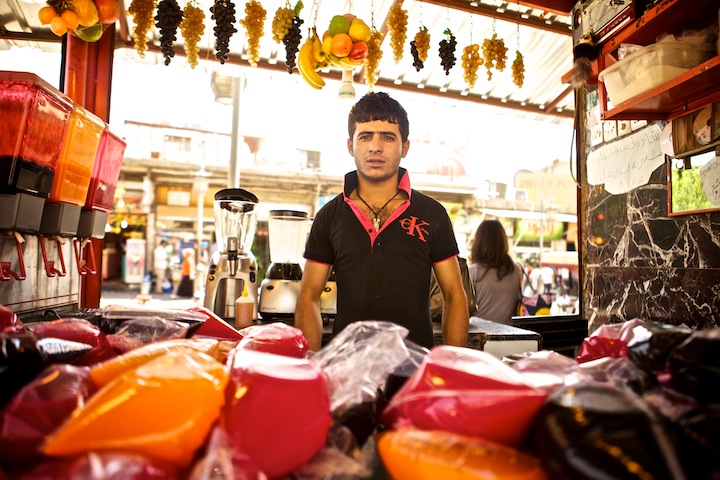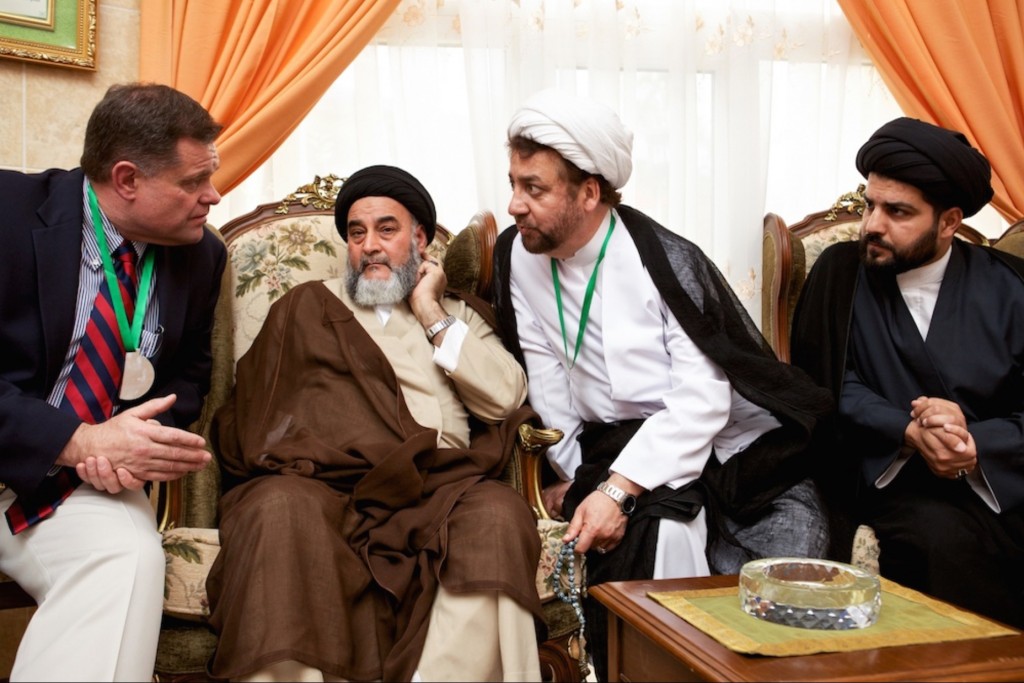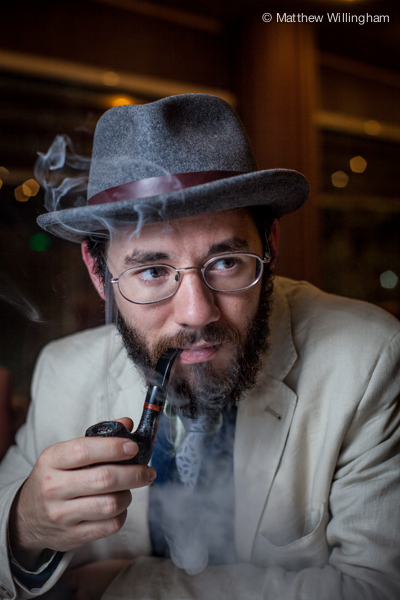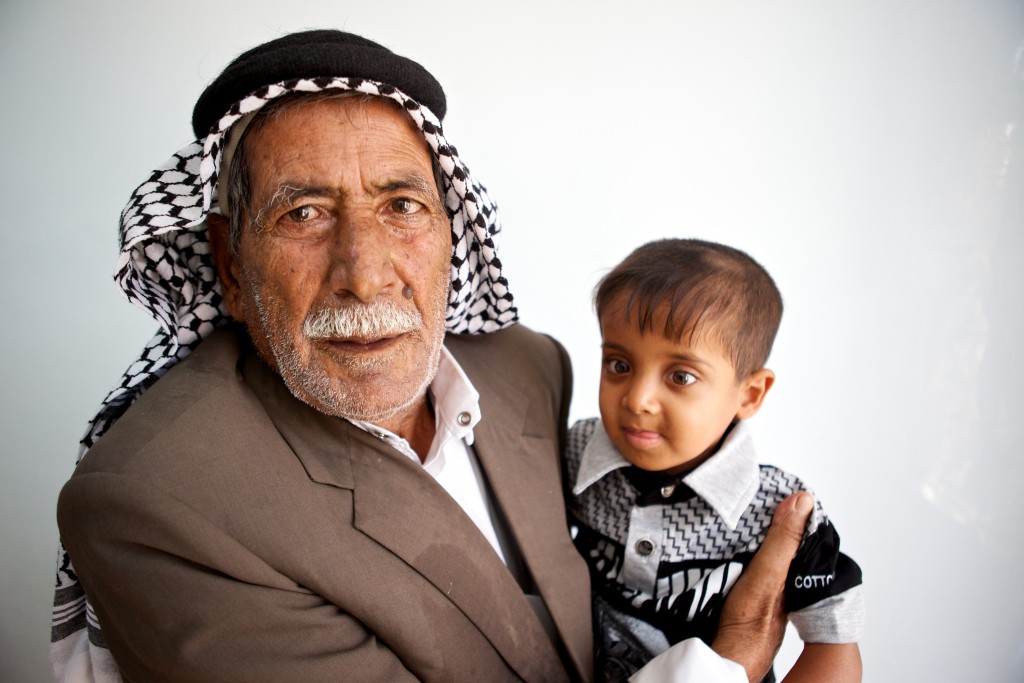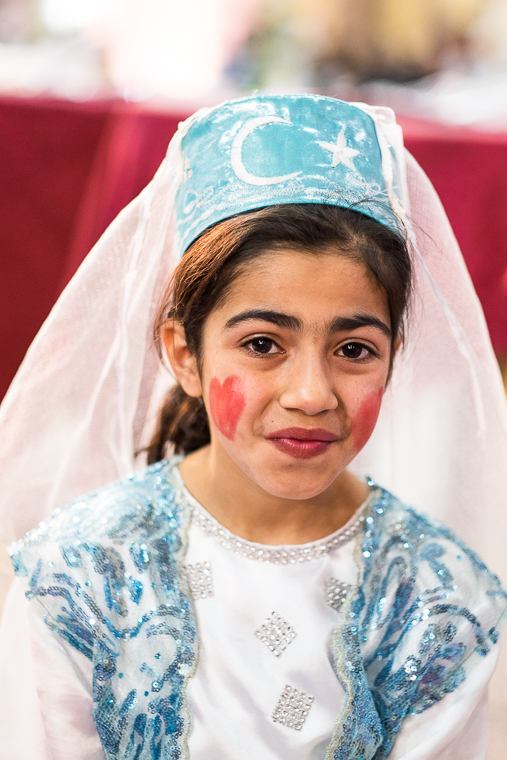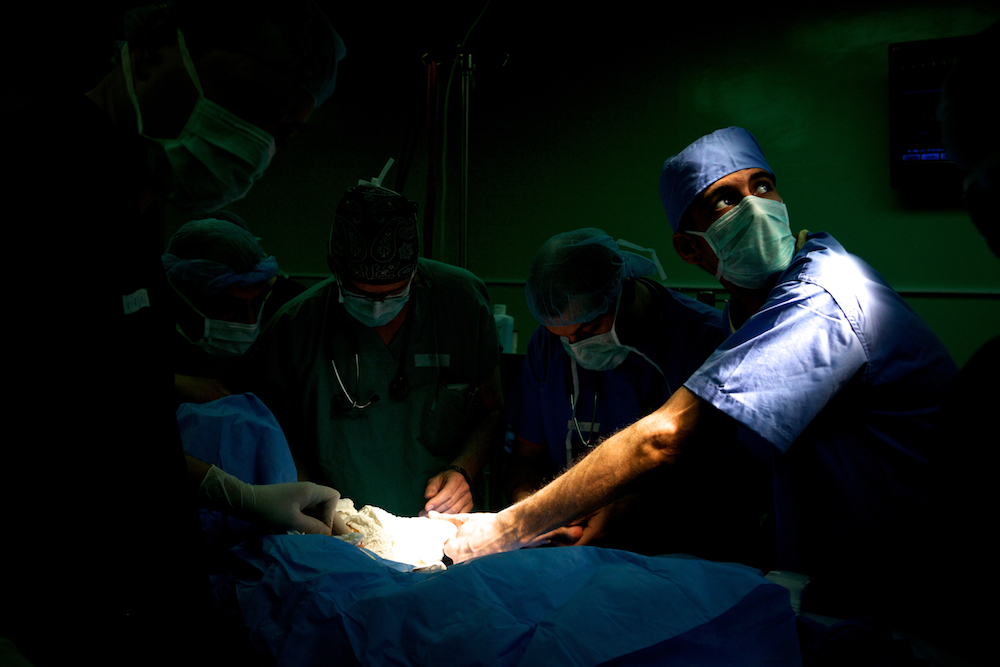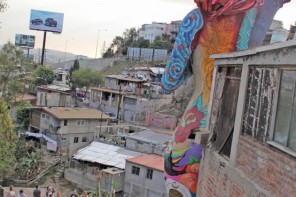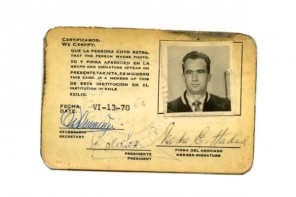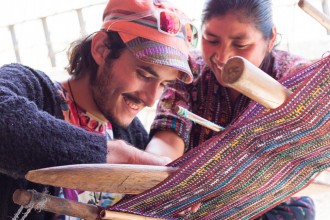Among the various people—soldiers and aid workers, journalists and politicians—who have passed in and out of Iraq in recent decades, Matt and Cayla Willingham offer outsiders a unique view into the daily life of this conflicted nation.
In 2010, Matt and Cayla moved to Sulaymaniyah as founding members of Preemptive Love Coalition, a nonprofit that provides training for Iraqi heart surgeons and nurses to treat the thousands of Iraqi children born with heart defects.
In the early months of their move, Matt would walk to work each day with a camera around his neck, documenting the exotic beauty of everyday life. His lens gave their American friends and family a point of connection with a culture they had been taught to hold at a distance.
Sulaymaniyah’s progressive disposition made for a relatively easy transition for Matt and Cayla, as outsiders. It also made locals more tolerant, if not readily receptive, of the camera’s presence in private or household settings.
But the streets have changed dramatically since 2012. The city’s ideological openness has contracted into a palpable, war-weary tension.
“This place,” Matt says, “is a PTSD powder keg.”
These days, they say, people will suddenly lash out over a perceived threat or slight. It may be something you’ve said, or it may arise simply at the sight of a camera lens.
Matt learned the reason why from a Yazidi man who had fled the siege of Sinjar. The man explained that during the reign of Saddam Hussein, a person taking your photograph could be collecting information that got you dragged away. Before that, your photograph might be sent to America and get your whole family sent to prison. In the 1940s and 50s, it was the British who might be collecting intelligence.
“He pointed at my camera and said ‘Kalashnikov, camera—not different.’”
Eventually, Matt stopped carrying the camera at all.
As American outsiders, Matt and Cayla have had to work at reestablishing their relationships with neighbors, coworkers, and the families they hope to serve. In the process, their empathy has deepened and their eyes have grown more keen, more hungry, for the flashes of beauty that grow increasingly rare in daily life.
One of the richest sources of beauty they’ve discovered came through the help of their two-year-old son, Jack.
“People asked if we’re afraid, having kids [in Iraq],” Cayla says. “On a day-to-day basis, I almost feel safer here. If I take him to the store and misplace them, I know a clerk will grab them and bring him back to me. That’s been a surprise—the communal help with babies.”
She laughs, adding “Not always help I want, like when they’re trying to feed him sugar!”
Matt agrees, “It’s not weird to just hand your baby to a stranger while you’re shopping. For all of its sectarian division, people will just jump in to help. There’s always a guy who will hop into your car and help you park, or walk into the street to direct traffic.”
As an ambassador for PLC, Matt’s travels have taken him farther into the region—to the wild, windswept beaches of Turkey; to Baghdad, where the nation’s rich history as a center of academia, arts and culture is juxtaposed with the decay of bombed buildings; and to the south, where Matt discovered the hidden culture of majalis—wise men who welcome strangers into a small room filled with books and pillows, and offer them counsel from the Koran.
The culture of listening is ingrained into Iraqi culture—people are apt to skip right over small talk in order to ask about things like gay marriage, Christianity versus Islam, and yes, the ongoing war.
“All the things we avoid talking about in the US, they just jump into. I really, really enjoy that.”
Last year, at the request of his PLC directors, Matt reluctantly brought his Canon Mark II to a hospital mission. While documenting the doctors’ work there, he met a little boy named Hussain. His father was very eager to have the boy’s picture taken, telling Matt “Nobody ever pays attention to my son.”
As they sat in the waiting room, the father opened up to Matt about the joy Hussain’s birth had brought, the tragedy of his diagnosis with Down’s Syndrome and its attendant heart defect, and the constant denial they had encountered in trying to get medical help for their son.
“The people said he wasn’t worth it,” the father told Matt.
Matt’s photograph and accompanying story was not only instrumental in gaining support for Hussein’s life-saving surgery, it was also a blessing to his family.
“I wasn’t stealing a picture,” Matt recalls. “We were making something together.”
Other stories are less obvious ones to share. While the short version of the facts may make for good copy, Matt has become increasingly passionate about the need for visitors to Iraq to collaborate with the people they’ve come to help or document.
“I wish people would spend more time thinking of themselves as making something with locals as opposed to documenting locals. When I first started taking pictures, it was an opportunity to make more of a connection with people. And I think it worked. [Picture] hanging out with a chai guy and he starts telling you a story about fleeing Syria, and all he wants is to go back and finish university, but he doesn’t have his papers… A lot of people are apt to do that. They just want someone to listen, to be heard.”
Now back in California, awaiting the birth of their second child, Matt and Cayla are preparing for their return to Iraq by meditating on ways to nurture the remnants of beauty in Iraq’s daily life, for their own good and for the good of the community that has adopted them.
“What you see in the architecture is echoed in the people — they’ve been through so much, but they have strong aesthetics, a strong emphasis on academics and reading. That’s fascinating—seeing glimpses of what it was once, and what it could be again.”
To donate to the Preemptive Love Coalition, and help save the life of a child, head over here.
Chelsea Batten is a journalist and photographer who writes a regular column on Project Bly featuring travelers, photographers, adventurers and doers across the globe. Follow her on Instagram or Twitter, or visit her blog. Email her at holler@chelseabatten.com if you’re a traveler with a story to tell.

